Places to visit in Pune
Blends a rich Maratha heritage with modern charm, making it one of Maharashtra’s most vibrant cities. Known for its educational institutions, historical landmarks, and dynamic cultural scene, the city offers something for every traveler. From ancient forts and spiritual sites to art spaces and hill escapes, Pune is an ideal mix of tradition and contemporary life.
Wiki Link : Places to visit
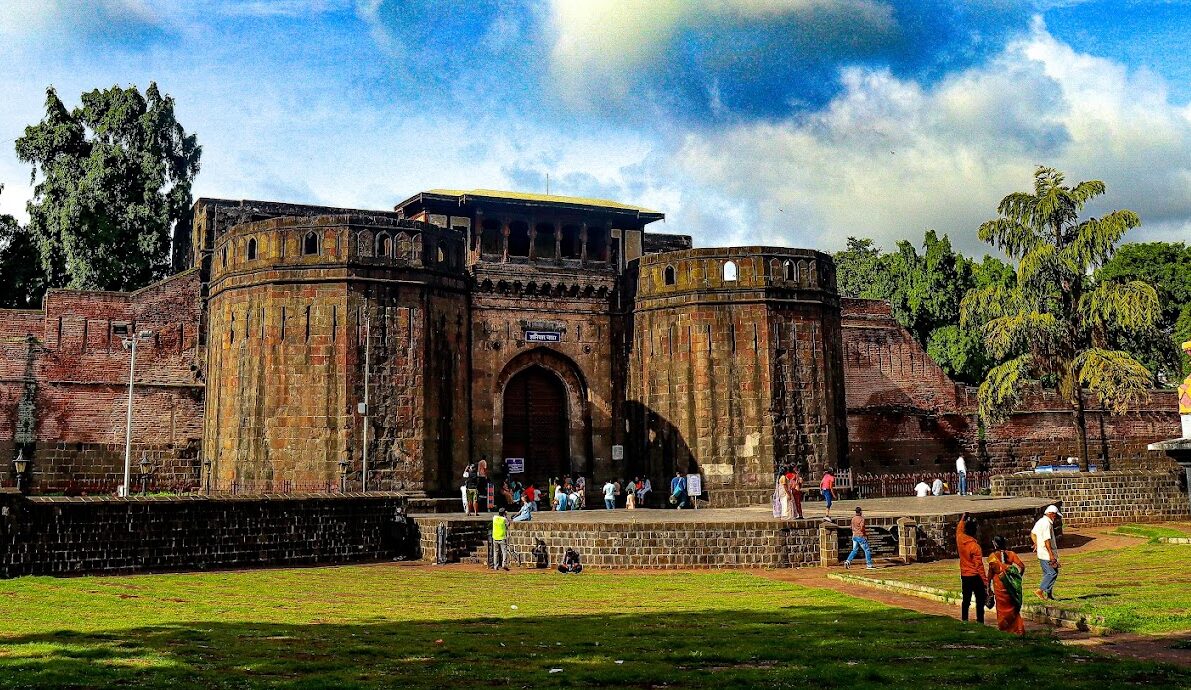
Shaniwar Wada
Built in 1892, the Aga Khan Palace is a serene monument with deep ties to India’s freedom movement. Located in Pune, it served as a prison for Mahatma Gandhi and Kasturba Gandhi during the Quit India Movement. The palace’s Indo-Islamic architecture, expansive gardens, and museum showcasing Gandhi’s belongings draw both history lovers and peace seekers.
It also houses memorials for Mahatma Gandhi’s wife and secretary. Maintained by the Gandhi National Memorial Society, it is a symbol of India’s resilient spirit. A tranquil place to reflect and learn.
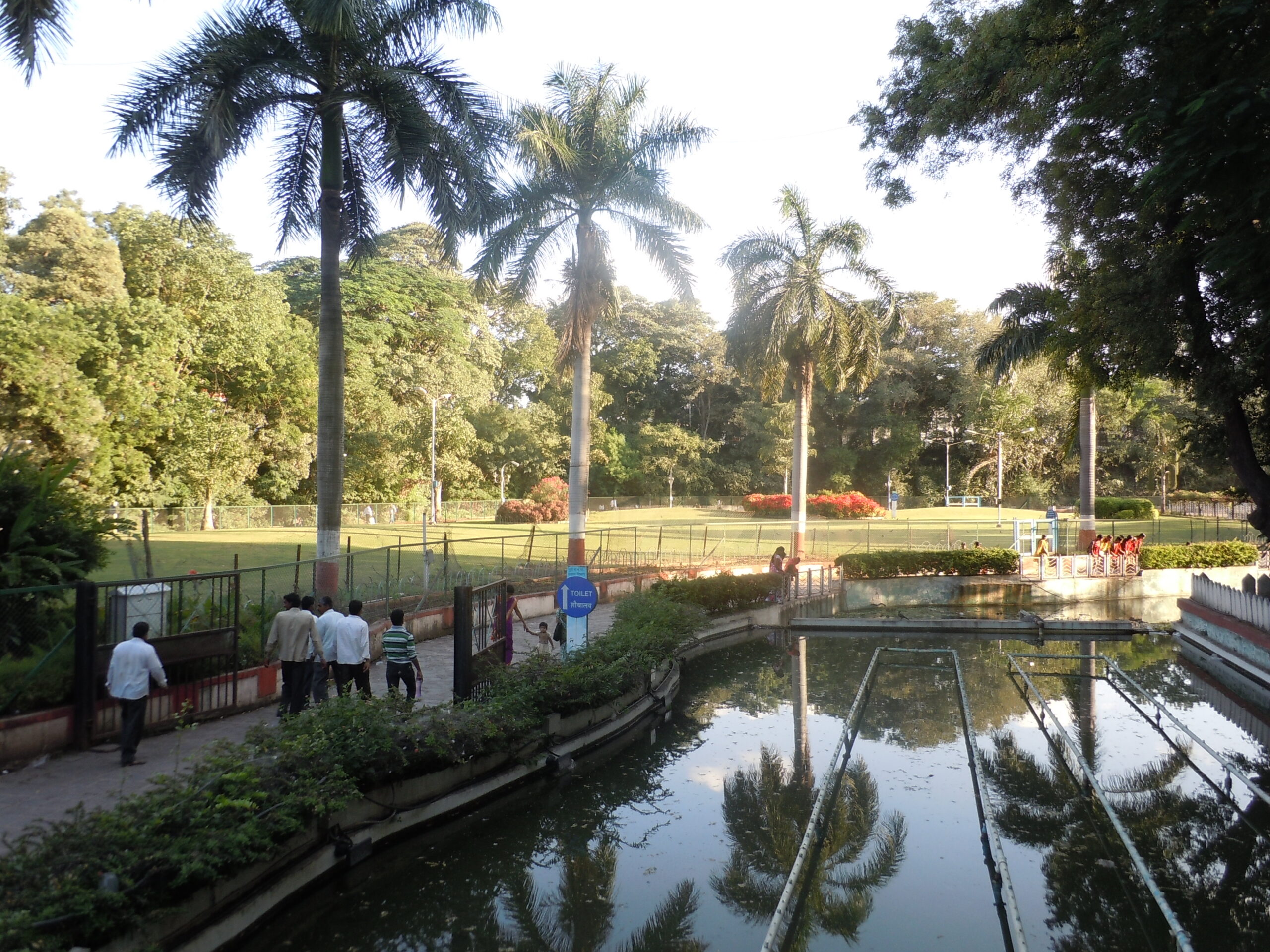
Saras Baug
This centrally located park features the Ganesha temple built atop a dried-up lakebed and is ideal for evening strolls.
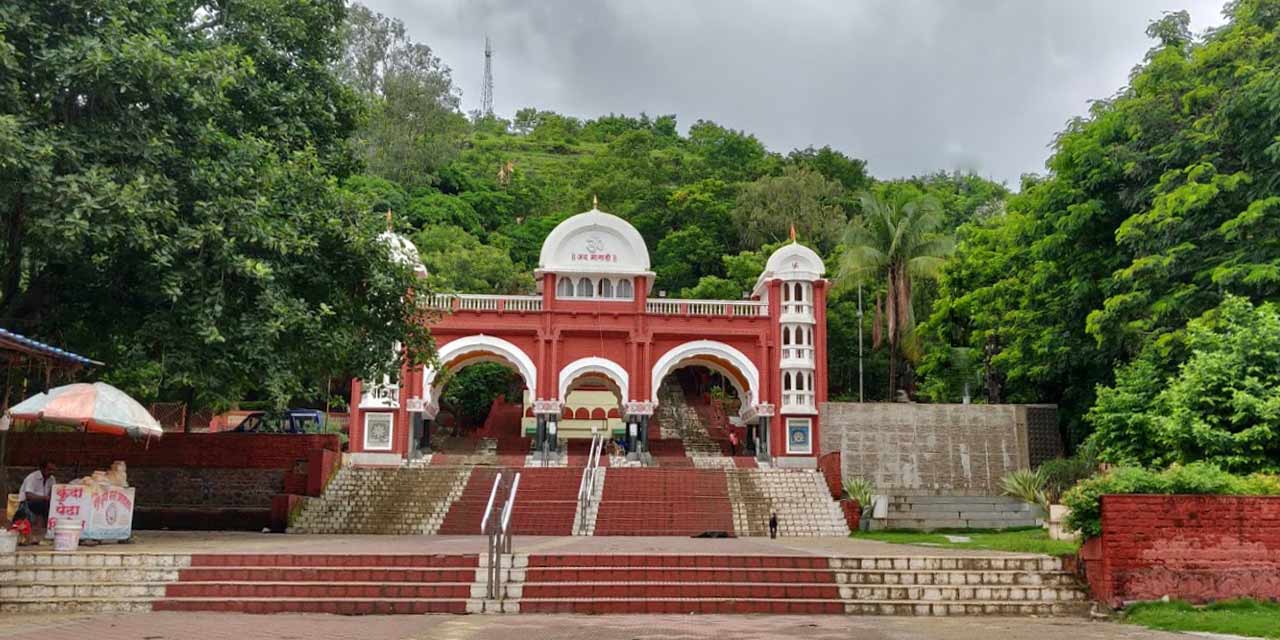
Chaturshringi Temple
Located on a hill slope, this ancient temple is dedicated to Goddess Chaturshringi and involves a short climb to the top.
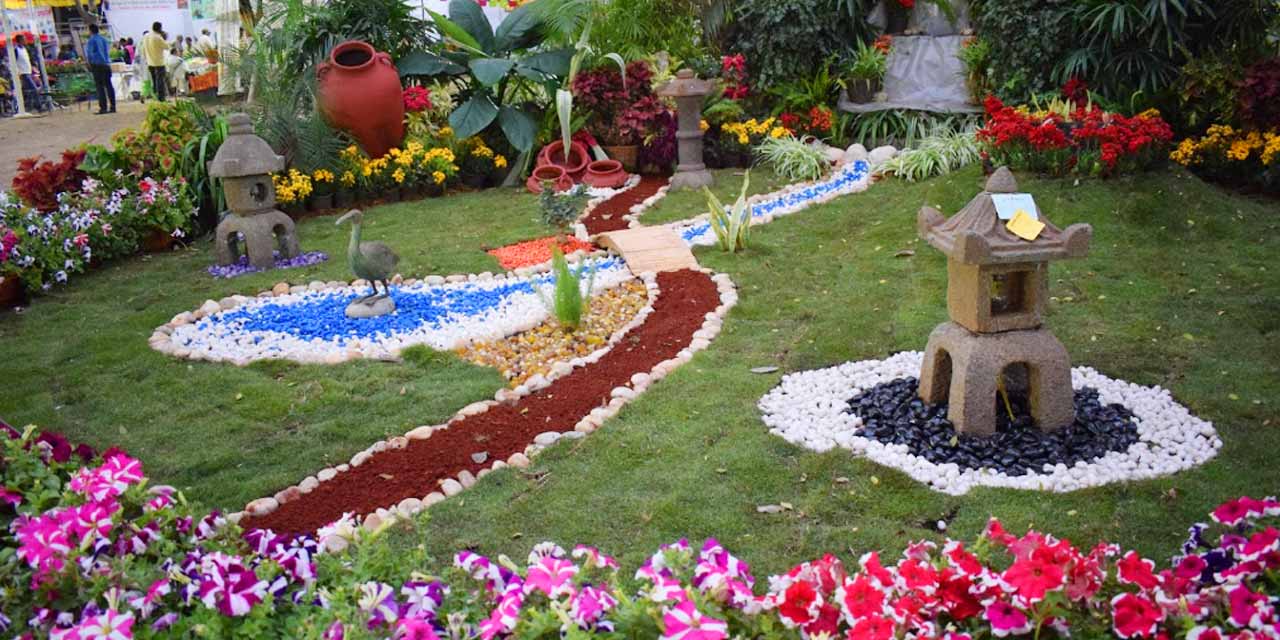
Empress Garden
Spread across 39 acres, this garden is a lush, green escape, perfect for family outings, picnics, and admiring rare flora.
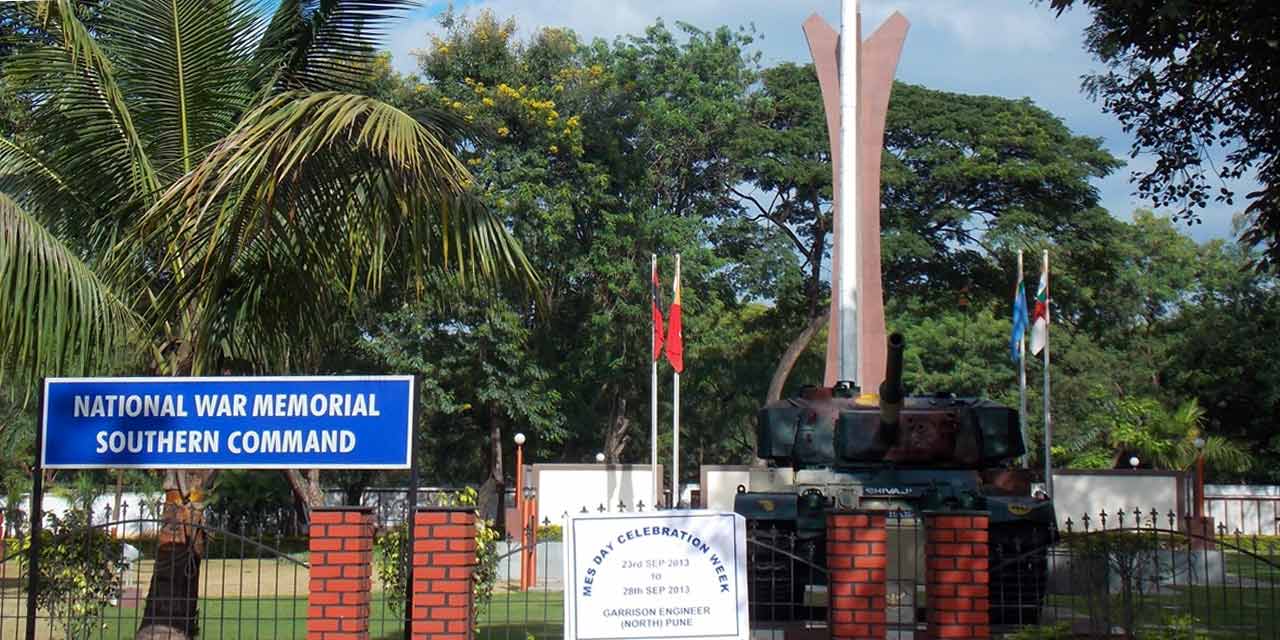
National War Memorial Command
This military memorial features exhibits, war stories, and a light show, making it educational and inspiring for all ages.
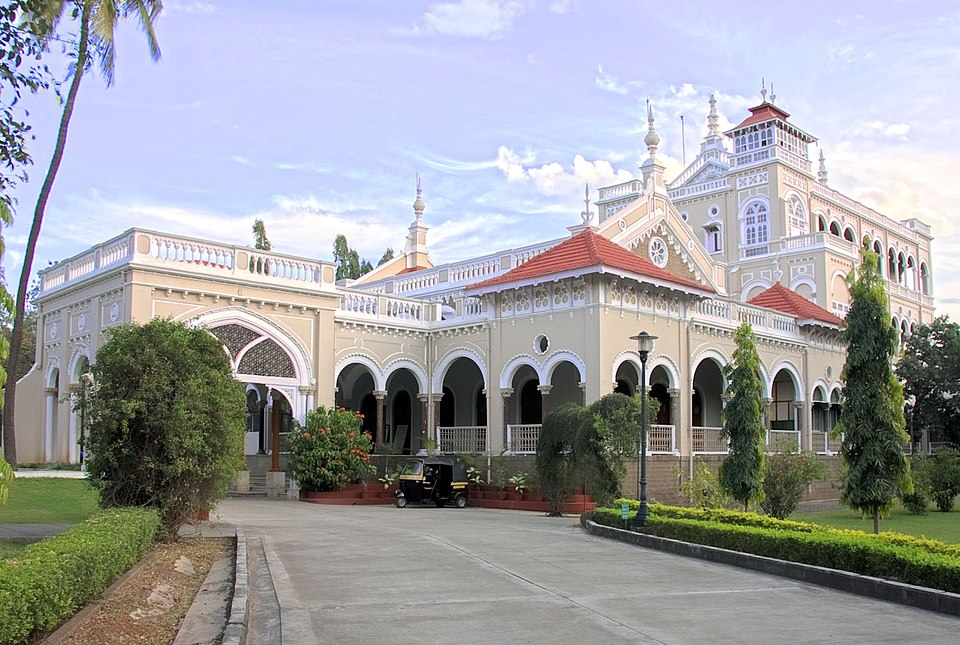
Aga Khan Palace
One of Pune’s most revered temples, Dagdusheth Halwai Ganpati Temple is known for its richly adorned idol and vibrant atmosphere. Established over 100 years ago, it is a spiritual and cultural landmark attracting thousands of devotees daily. The Ganesh idol, decked in gold and precious ornaments, stands nearly 7.5 feet tall.
The temple becomes the focal point during Ganesh Chaturthi with grand decorations and processions. It’s not just a religious site, but also a symbol of Pune’s deep-rooted traditions. Visitors often find peace and divine blessings here.
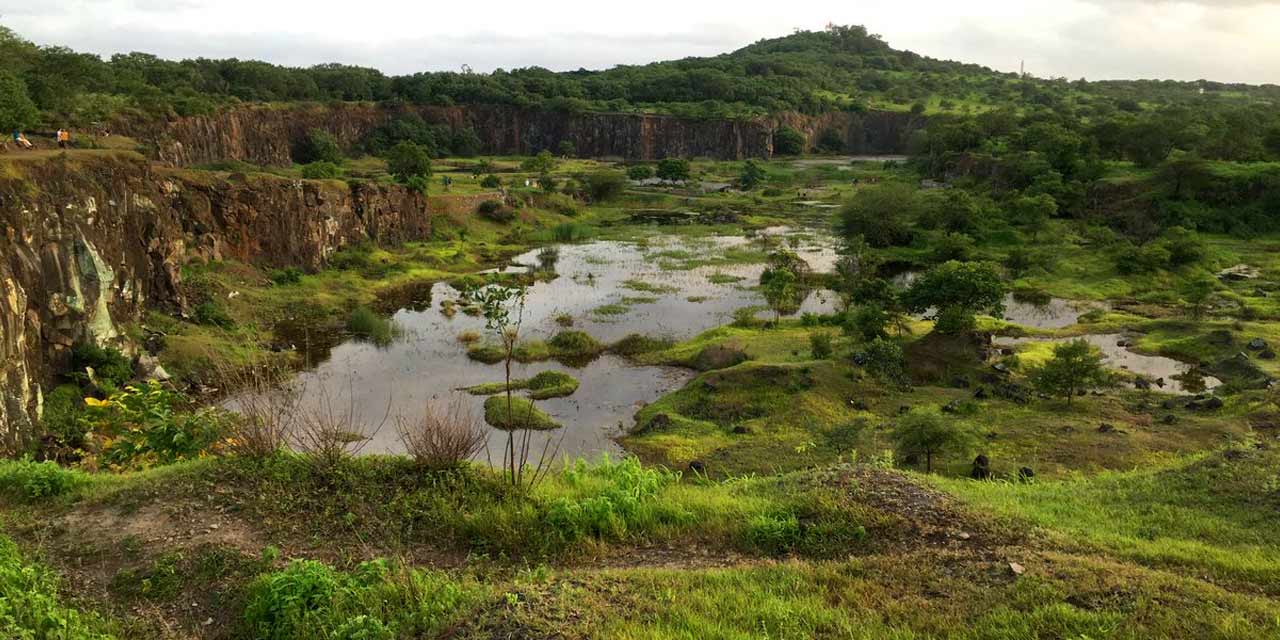
Vetal Tekdi
Easily accessible from multiple parts of the city, it’s perfect for early morning walks and panoramic city views.
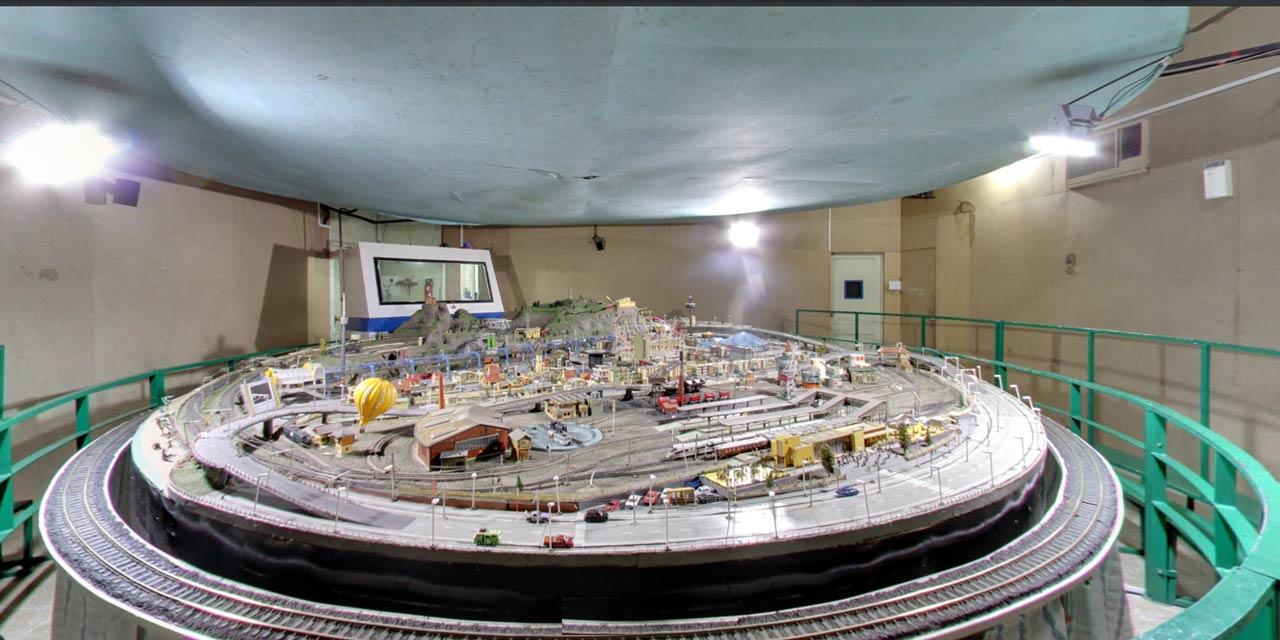
Joshi’s Museum of Miniature Railways
This small but fascinating museum showcases live demonstrations of miniature railways.
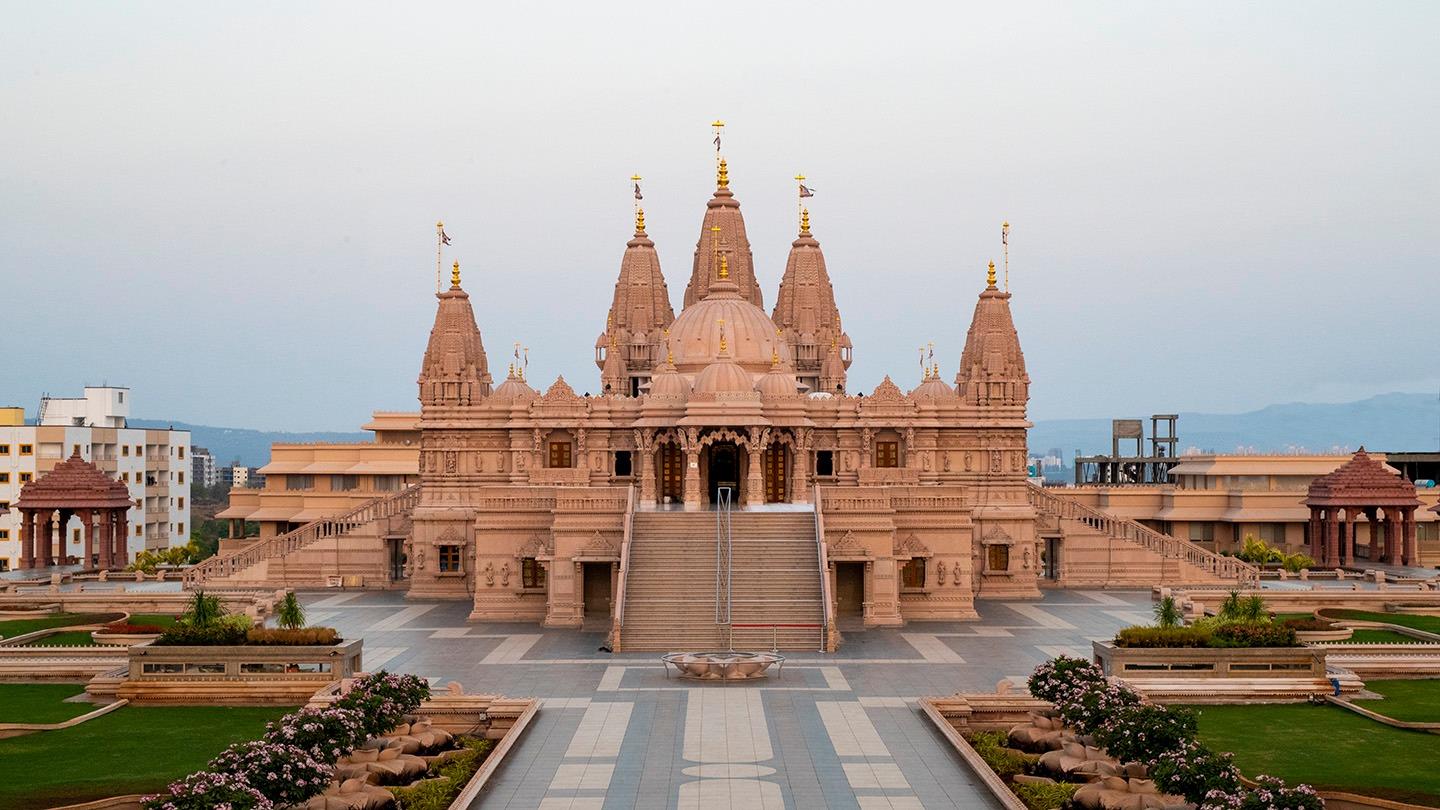
BAPS Shri Swaminarayan Mandir
Located in Ambegaon, it’s known for ambiance, spiritual programs, and traditional carvings.
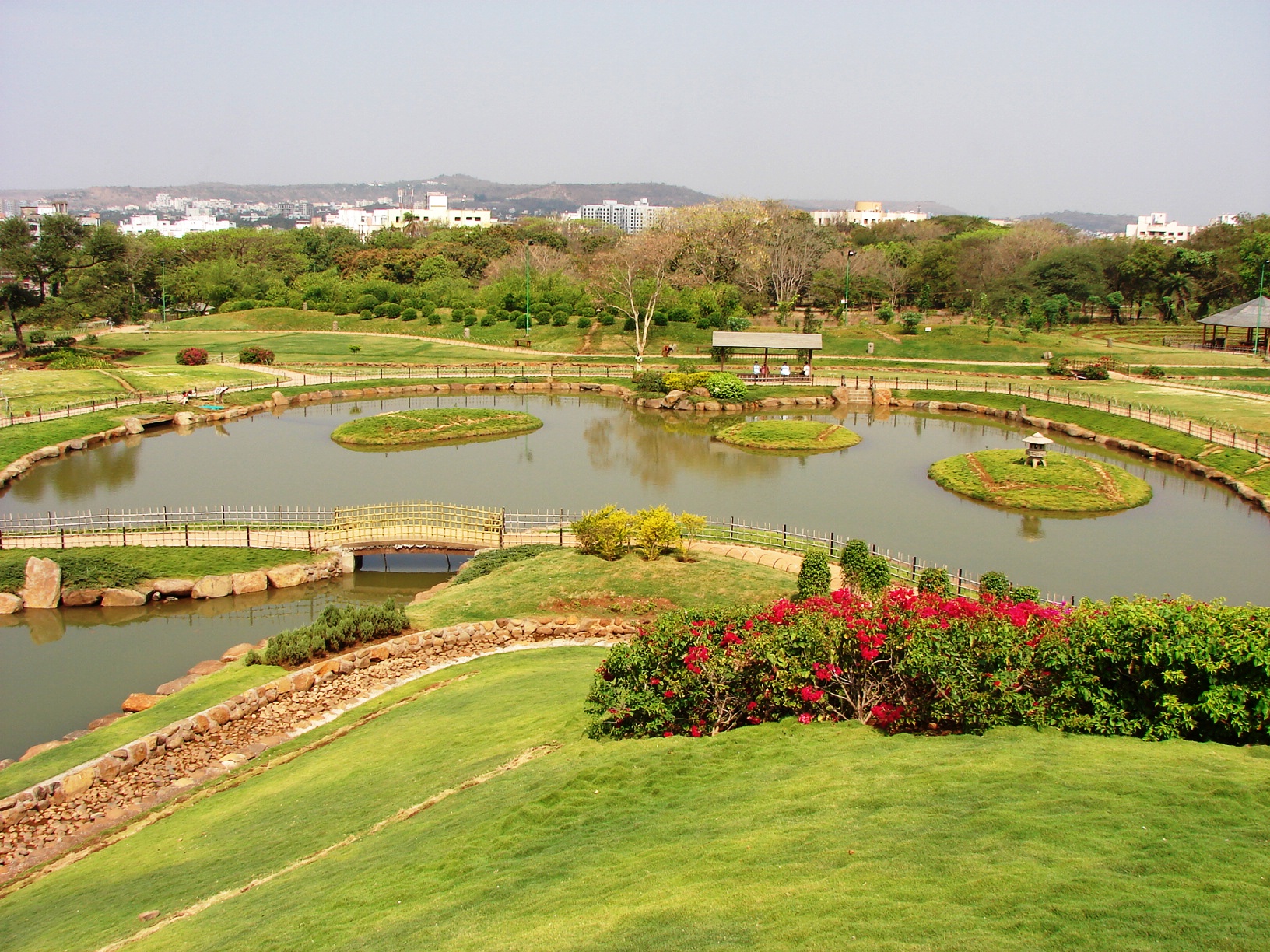
Pune Okayama Friendship Garden
Inspired by Japan’s Korakuen Garden, this green space is perfect for walks, family outings, and photography.

Dagdusheth Halwai Ganpati Temple
One of Pune’s most revered temples, Dagdusheth Halwai Ganpati Temple is known for its richly adorned idol and vibrant atmosphere. Established over 100 years ago, it is a spiritual and cultural landmark attracting thousands of devotees daily. The Ganesh idol, decked in gold and precious ornaments, stands nearly 7.5 feet tall.
The temple becomes the focal point during Ganesh Chaturthi with grand decorations and processions. It’s not just a religious site, but also a symbol of Pune’s deep-rooted traditions. Visitors often find peace and divine blessings here.
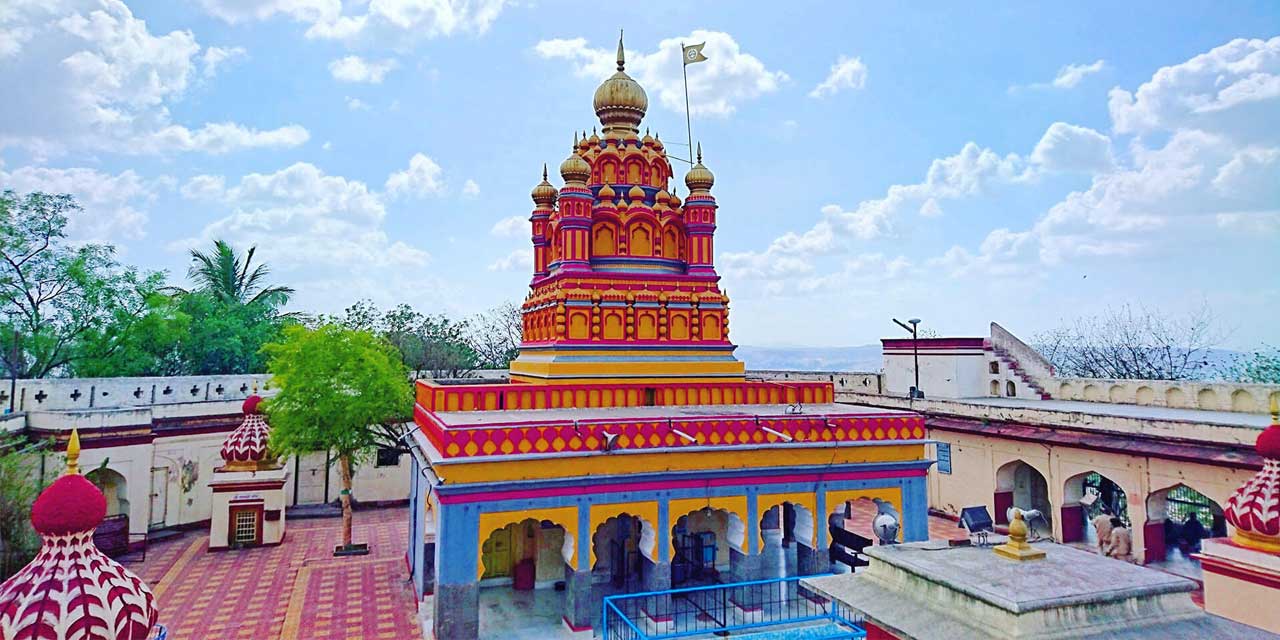
Parvati Hill and Temple
Climb 100+ steps to reach this 17th-century temple complex offering stunning views of Pune city and serene spiritual vibes.

Osho Ashram
Set in lush Koregaon Park, it attracts visitors from around the globe for meditation, wellness, and relaxation.
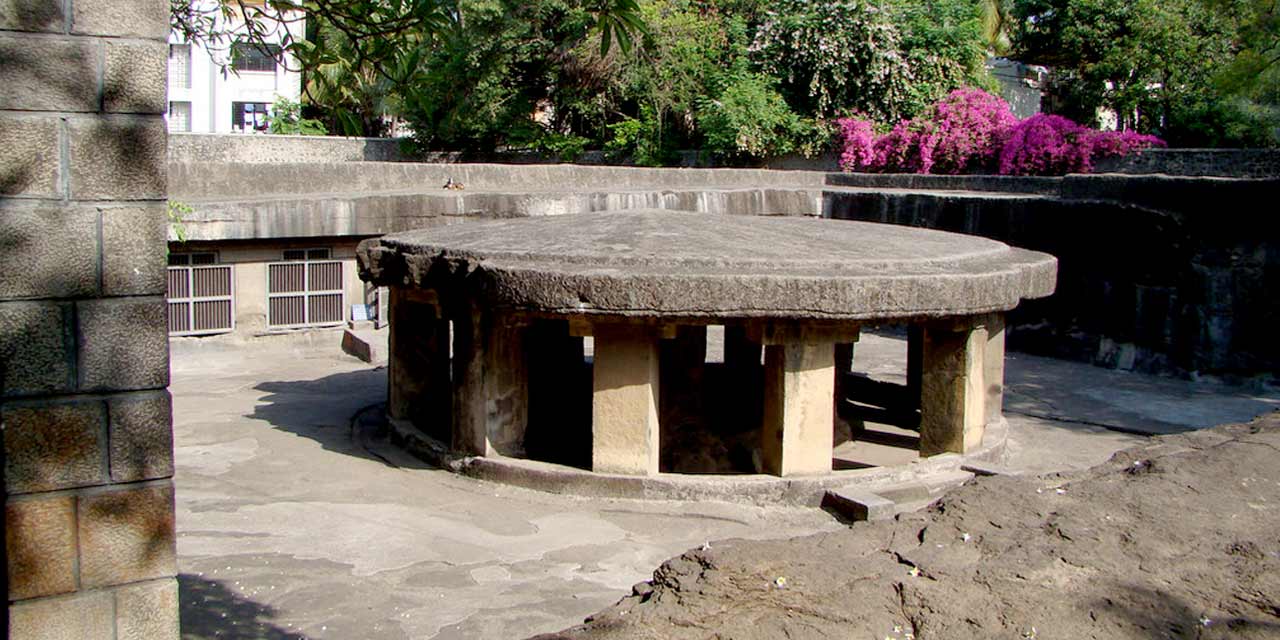
Pataleshwar Cave Temple
Dating back to the 8th century, this basalt rock-cut temple dedicated to Lord Shiva offers peaceful surroundings in the city center.
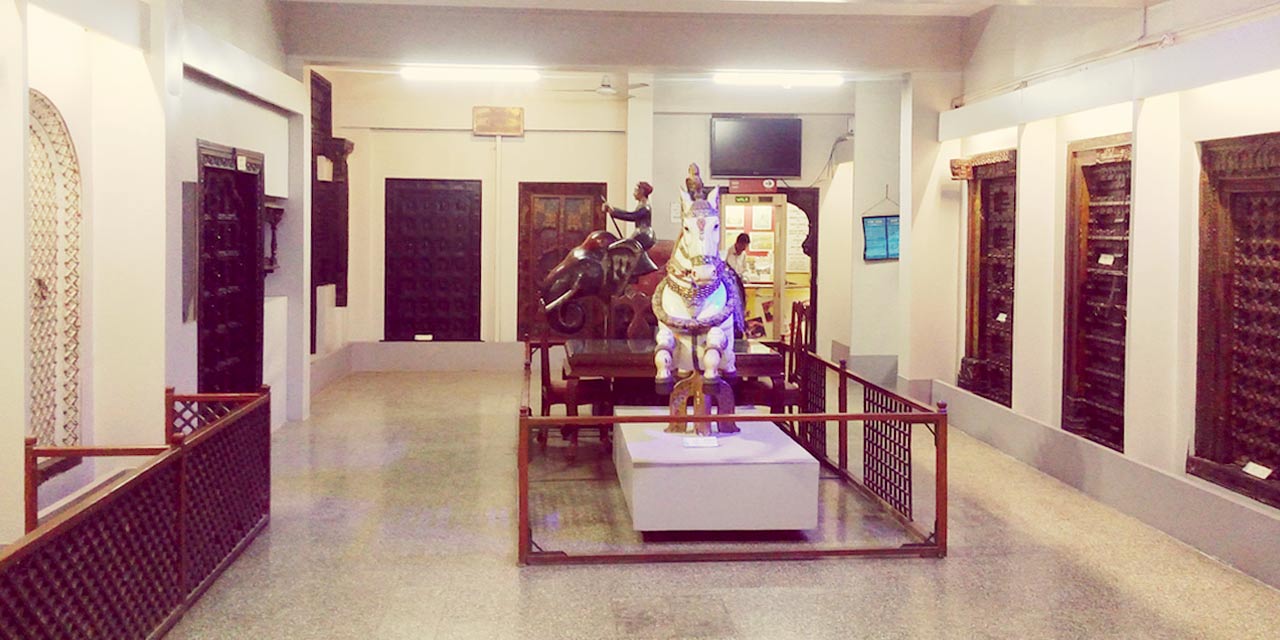
Raja Dinkar Kelkar Museum
This unique museum houses a fascinating collection of over 20,000 artifacts, with 2,500 on display, amassed by Dr. D.G. Kelkar in memory of his son. Located in the heart of Pune, the Raja Dinkar Kelkar Museum offers a peek into India’s cultural heritage through musical instruments, sculptures, lamps, household items, and more.
The recreated Mastani Mahal is a highlight. The exhibits span several centuries and regions, making it a must-visit for history and art enthusiasts. Its charm lies in the everyday beauty of India’s past.
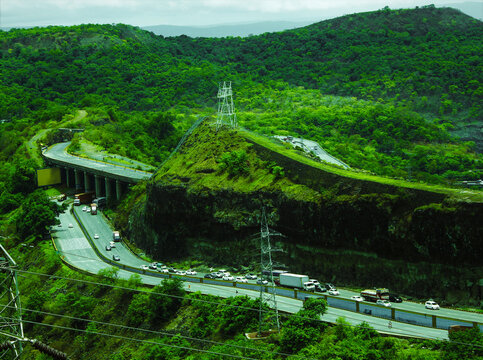
Lonavala & Khandala
Are twin hill stations located around 65–70 km from Pune, nestled in the Sahyadri range. These misty retreats are famed for their lush greenery, cascading waterfalls, and ancient caves like Karla and Bhaja. A favorite monsoon getaway, they offer scenic trekking trails and viewpoints like Tiger Point and Rajmachi Fort.
Adventure seekers and nature lovers alike enjoy their tranquil vibes. Local treats like chikki and hot corn are a must-try. The pleasant climate and soothing views make them a perfect weekend escape from city life.
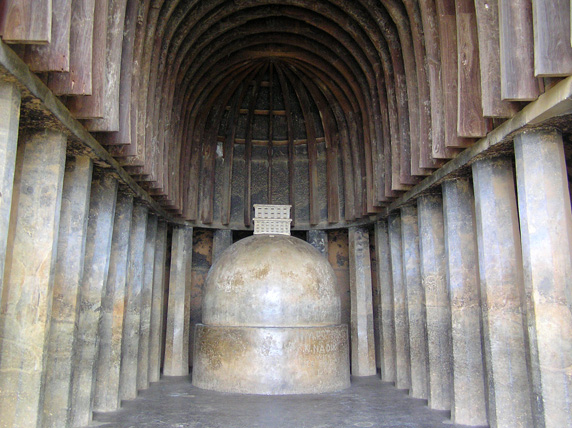
Bhaja Caves
Dating back to the 2nd century BCE, these caves include prayer halls, sculptures, and stupas set amidst lush hills.
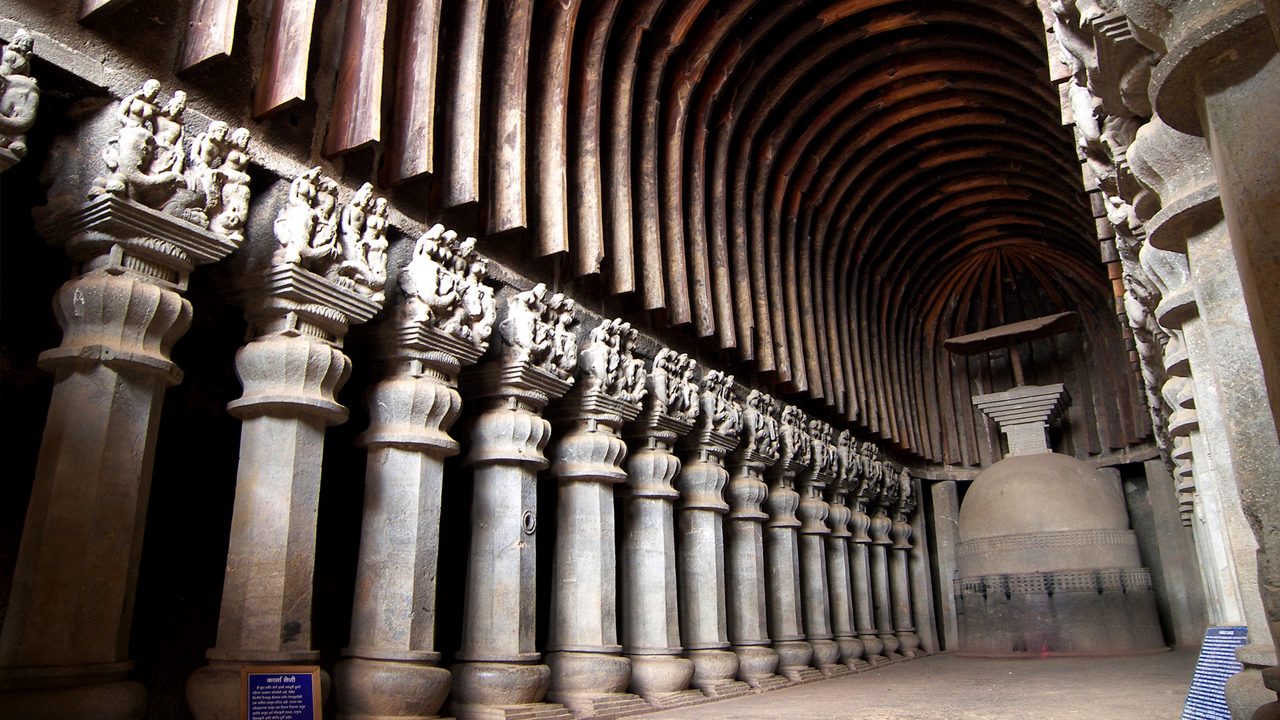
Karla Caves
Famous for their intricately carved chaitya and pillars, these caves reflect early Buddhist rock architecture.
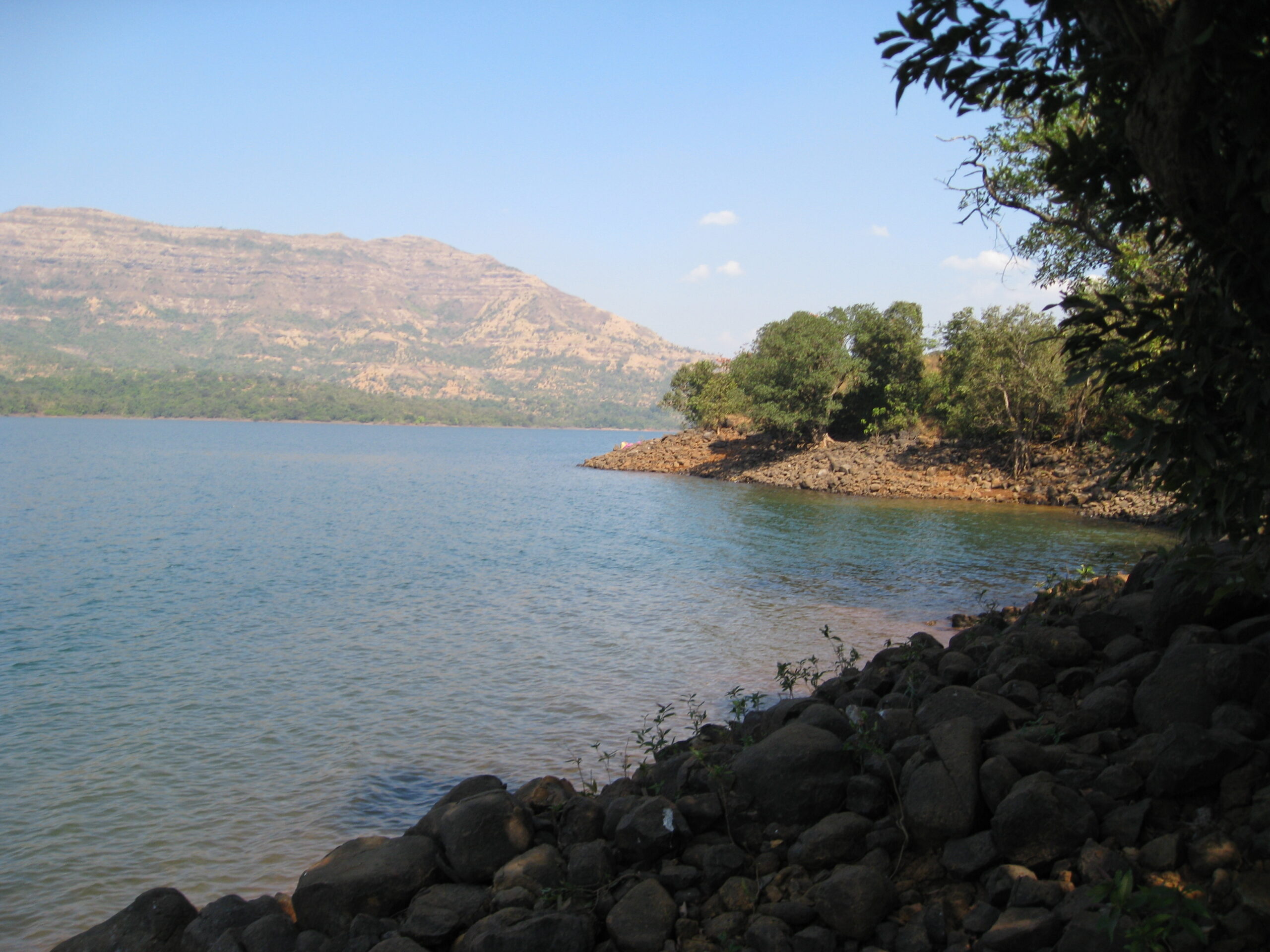
Mulshi Lake
Ideal for scenic drives, and relaxation, especially during monsoon when the surrounding hills turn lush green.
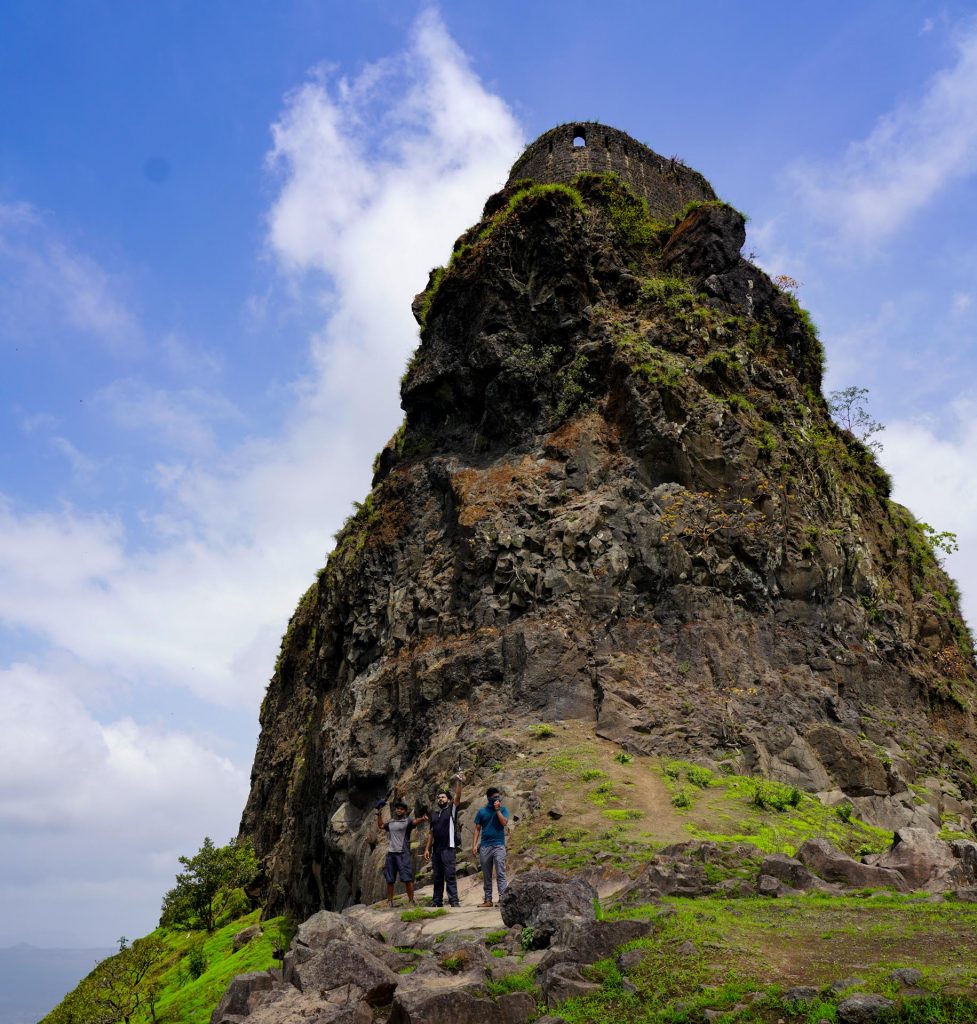
Tikona Fort
A short trek leads to sweeping views of Pawna Lake, historic gates, and stone structures at the summit.

Lavasa
A planned hill city built on the banks of the Warasgaon Lake, around 60 km from Pune. Designed with Italian architectural influence, it offers a modern urban space surrounded by lush hills. The promenade along the lake is ideal for cycling, boating, and relaxing cafés.
Despite its quieter pace today, Lavasa still attracts couples and families looking for a peaceful retreat. It’s also great for photography and short scenic drives. Monsoon especially enhances its charm with misty weather and vibrant greenery.
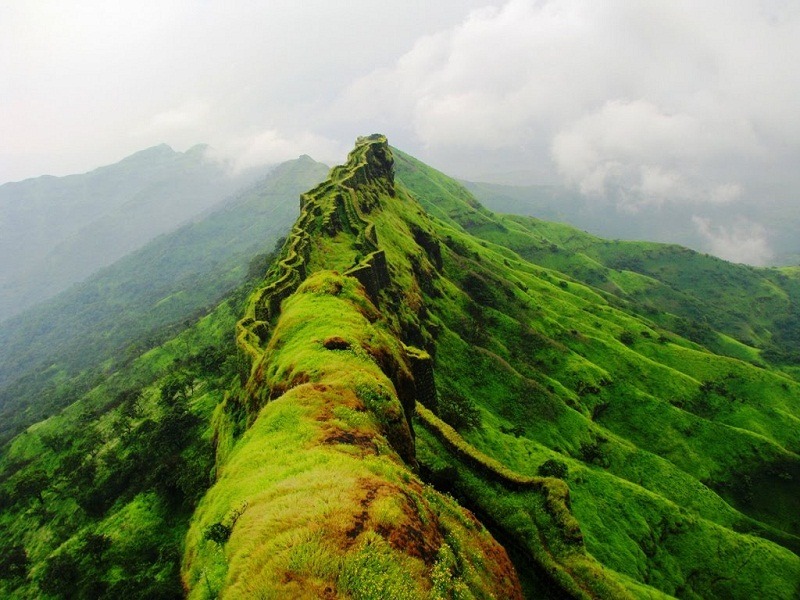
Rajgad Fort
Once the capital of the Maratha Empire, this majestic fort is a favorite for trekkers and history lovers alike.
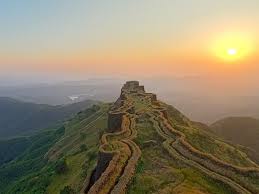
Torna Fort
Known as Prachandagad, it offers challenging treks, beautiful scenery, and a glimpse into Chhatrapati Shivaji’s legacy.
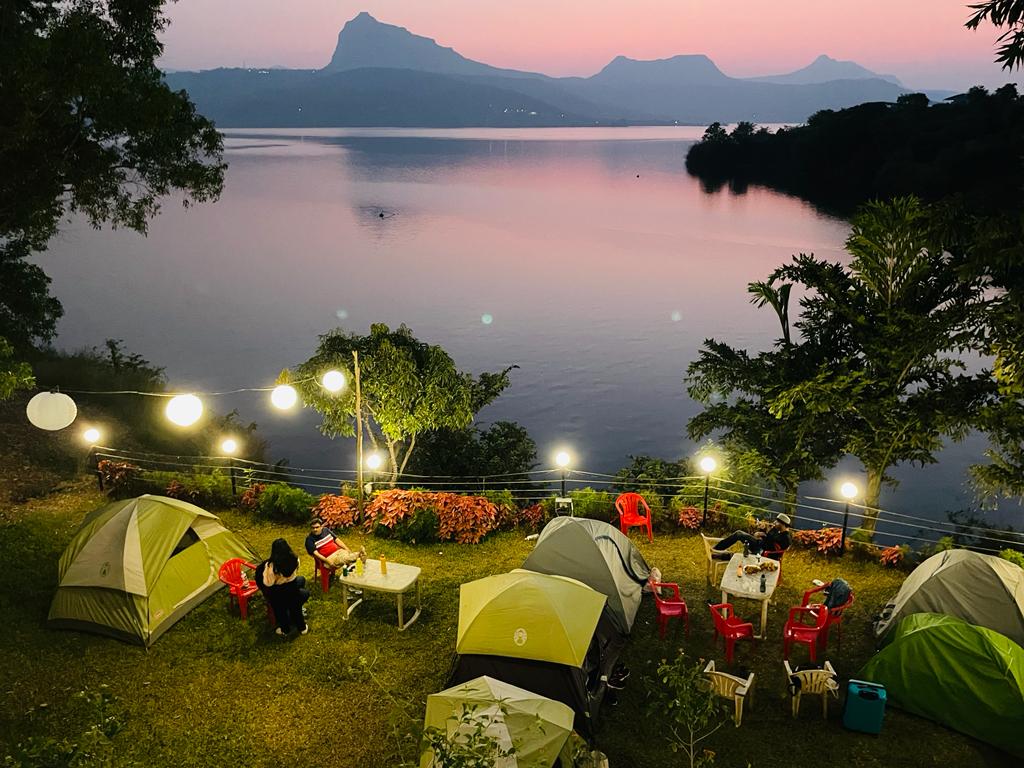
Pawna Lake
A popular weekend getaway offering lakeside camping, bonfires, and views of nearby forts like Tikona and Tung.

Sinhagad Fort
A historic 18th-century fortification in the heart of Pune, once the seat of the Peshwas of the Maratha Empire. Though much of the structure was destroyed in a fire, its massive stone walls, gates, and the surviving foundation speak of its former grandeur.
The Dilli Darwaza, the main gate, is an architectural marvel. Light and sound shows held in the evening narrate its dramatic history. The site holds a mix of political legacy and folklore. It’s a key stop for anyone interested in Pune’s rich past.
